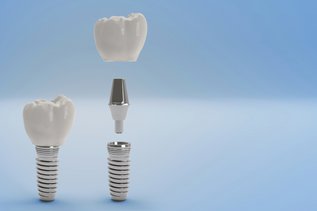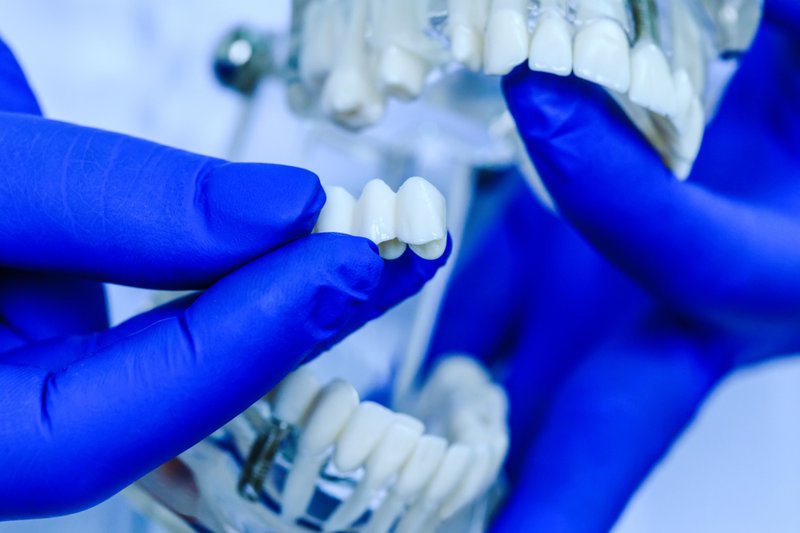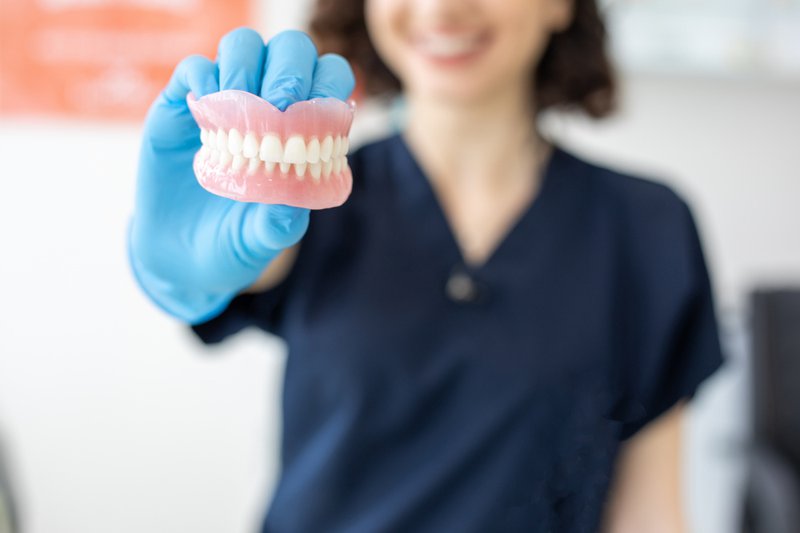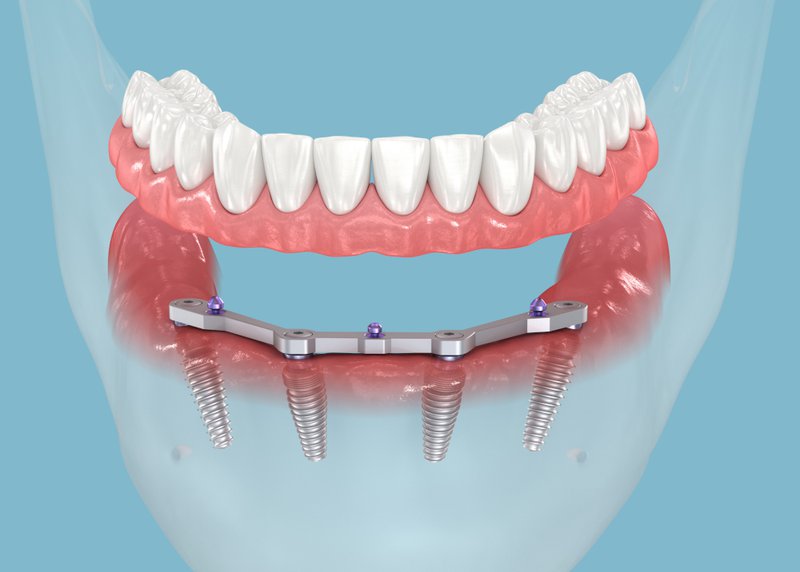
How to Choose the Right Tooth Replacement Option
Missing teeth can be a big setback to your dental health, confidence, and daily life. Whether you’ve lost a single lost tooth or several, it is important to select the right tooth replacement option from the many available options. Knowing what these options are and learning about their unique benefits can help you make an informed decision about your tooth replacement treatment.
Understanding Your Tooth Replacement Options
Here is a look at the most common options to replace missing teeth.
Dental Implants
Durability and natural appearance make dental implants the most popular choice for tooth replacement. In an implant procedure, a titanium post is inserted into the jawbone to serve as an alternative to the tooth root. Once the implant is placed, you need to wait for it to integrate with the bone, and then a crown is placed on top. The restoration is considered complete after the crown has been placed.
Benefits
- Natural Look and Feel: Dental implants look like natural teeth.
- Durability: With proper care, they can last a lifetime.
- Bone Preservation: They help preserve the jawbone structure.
Considerations
- Costs: Implants can be more expensive upfront, compared to other options.
- Procedure: The process involves surgery and may require a longer healing period.
Dental Bridges
Dental bridges can also be used to replace missing teeth. Bridges consist of one or more artificial teeth (pontics) that are held in place or anchored by crowns placed on the neighbouring natural teeth or implants.
Types
- Traditional Bridges: Supported by crowns on adjacent natural teeth.
- Implant-Supported Bridges: Supported by implants for greater stability.
Pros and Cons
- Pros: Effective option to bridge gaps and restore function.
- Cons: Traditional bridges require modification of adjacent teeth, and they may not last as long as implants.

Dentures
Dentures are removable dental prosthetics designed to replace multiple missing teeth. They can be two types:
- Partial Dentures are created to replace a few missing teeth. They are attached to a base that fits around the remaining teeth.
- Full Dentures are meant to replace all teeth in an arch and rest directly on the gums.
Advantages
- Versatility: Dentures can replace several missing teeth at once.
- Cost-Effective: Dentures are generally less expensive than implants.
Disadvantages
- Comfort: Dentures feel less secure and may require adjustments over time.
- Maintenance: Dentures need regular cleaning and adjustments.

All-on-Four Implants
The All-on-Four implant is an advanced treatment for replacing all teeth in one arch. It uses just four implants rather than individual implants to support a full arch of prosthetic teeth.
Comparison to Traditional Dentures
- Stability: All-in-Four implants are a highly stable and durable solution for getting teeth replaced compared to removable dentures.
- Reduced Treatment Time: All-in-4 treatment takes less time to complete and heal than multiple individual implants.

Factors to Consider When Choosing a Tooth Replacement Option
Selecting the best tooth replacement treatment involves careful consideration of several factors:
- Oral Health: The state of your oral health, including gum health and bone density may influence the suitability of various missing teeth options.
- Budget: While costs vary, it is important to consider cost effectiveness. Implants might have a higher upfront cost but their durability makes them more cost-effective in the long-term.
- Aesthetic Preferences: Some options, like implants, offer more natural results. This can be an important factor if the missing teeth are visible.
- Functionality: Consider how the option you are considering restores your chewing and speaking abilities. Implants and bridges typically offer more effective function than dentures.
- Longevity: Implants usually last the longest, followed by bridges and then dentures. The latter may require replacement or adjustments as time passes.
- Comfort and Convenience: Implants and bridges usually prove to be more comfortable and require less maintenance when compared to dentures, which require regular cleaning and adjustments.
Consulting with Your Dentist
You should make the decision about the right tooth replacement option with the guidance of an experienced dentist. Your dentist can understand your specific needs, preferences and lifestyle. They can also assess the state of your oral health, and recommend the most suitable dental replacement options for your missing teeth. The dentist will design a personalized treatment plan that aligns with your preferences as well as budget. If you’re in the North York region, dental professionals at the North York Smile Centre can help you make an informed choice.
The Decision-Making Process
While deciding on permanent tooth replacement options, follow these steps:
- Check Your Oral Health: Consult with your dentist to understand the current state of your oral health.
- Consider Your Options: Ask for the different replacement options, their benefits and whether they are suitable for you.
- Assess Your Budget: Determine what you can afford. Don’t forget to consider long-term costs.
- Consider Aesthetic and Functional Needs: Decide how important looks and function are to you.
- Make an Informed Choice: Based on your needs and the dentist’s recommendations, select the best available option.
Replacing missing teeth is an important decision that impacts not only your appearance and oral health, but also your overall well-being. Discussing your options in consultation with an experienced dentist would ensure you are choosing the right tooth replacement treatment for a healthier, more confident smile.
For more information on dental options for missing teeth or to schedule a consultation, visit North York Smile Centre.

